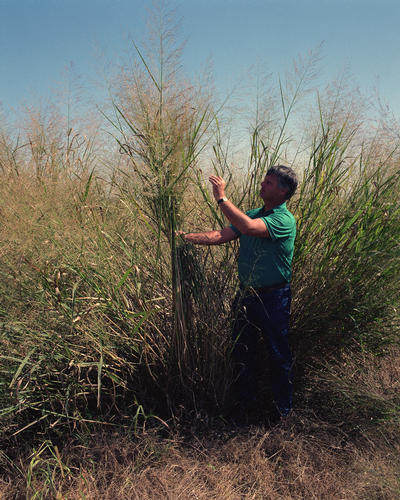Moderators, please move this downstairs to TNPCF (the New Political / Controversial Forum) if you think it belongs there!
I was very excited to read this article. I've had such mixed feelings about corn-based ethanol. Corn is a "greedy" crop-- takes a lot of fertilizer-- and is vulnerable to all sorts of insects, and to drought.The Washington Post wrote: In microbe, vast power for biofuel--
organism's ability to turn plant fibers to ethanol captures investor's attention
...Yet the best microbe may have been here all along, lurking near some ferns and an old stone dam just 20 minutes from her university lab. She has dubbed it the Q microbe for the Quabbin Reservoir [where it was collected].
Inside the jar, microbiology professor Susan B.Leschine found curious lollipop-shaped microbes with an uncommon ability to break down leaves and plant fibers into ethanol...[this could lead to] the next generation of ethanol, known as cellulosic ethanol, made from switch grass, wood chips, and other plant fibers.
I'm wondering what individuals can do to encourage this kind of research / development.
article
http://www.washingtonpost.com/wp-dyn/co ... 02216.html
chart comparing cellulosic ethanol production with corn ethanol production
http://www.washingtonpost.com/wp-dyn/co ... 00222.html
